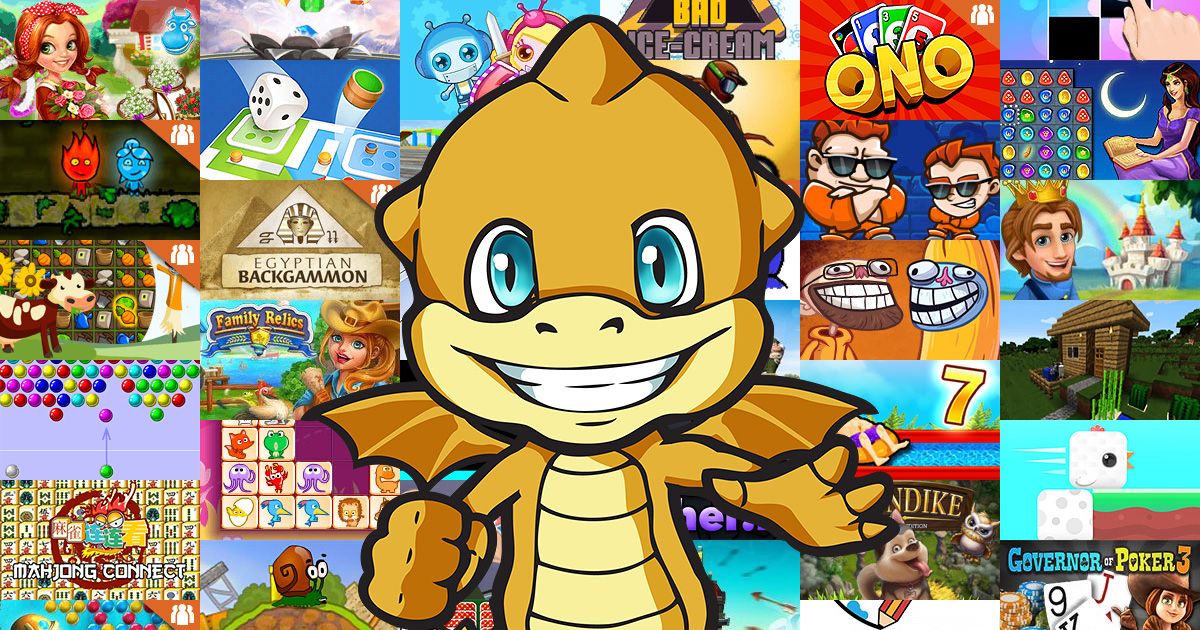
Introduction
Launched in 2017 by Epic Games, Fortnite has become more than just a video game; it has evolved into a cultural phenomenon, uniting millions of players around the globe. With its vibrant graphics, engaging gameplay, and regular updates, Fortnite not only entertains but also influences trends in gaming and social interaction. The relevance of Fortnite extends beyond mere play; it has become an important part of youth culture and digital social arenas.
Recent Developments
In early 2023, Fortnite announced its collaboration with various blockbuster franchises, including Marvel and Star Wars, introducing new characters and themed events to attract players. These collaborations have allowed the game to remain fresh and engaging, keeping its player base active. The most recent season, Chapter 4, introduced a reworked map along with new mechanics that enhance gameplay, allowing players to traverse vast terrains and battle across multiple environments.
Additionally, Fortnite’s continuous updates have focused on improving the user experience. The introduction of Zero Build mode allows players who prefer strategic combat without building structures to engage in intense firefights. Such innovations cater to different types of players and have significantly widened Fortnite’s demographic appeal.
Community and Cultural Impact
The impact of Fortnite reaches into various realms including social media, pop culture, and even education. The game has hosted several live events, such as virtual concerts featuring high-profile artists like Marshmello and Travis Scott, which drew millions of viewers. These events have created a novel way of experiencing music within a gaming environment, showcasing possible intersections between gaming and culture.
Moreover, Fortnite’s influence has sparked discussions about digital citizenship and online interaction, particularly among tweens and teens. The game’s social spaces encourage collaboration and communication, making it a hotspot for cultivating teamwork skills, albeit with concerns about screen time and online behaviour.
Conclusion
As Fortnite continues to evolve, its significance in the gaming community remains palpable. With ongoing updates and collaborations, it is poised to maintain its position as a leading title in the global gaming industry. The combination of engaging gameplay, cultural relevance, and social interaction has solidified Fortnite’s role as not just a game but a landmark in digital culture. As the gaming landscape continues to shift, Fortnite’s ability to adapt may safeguard its future relevance among emerging competitors.
You may also like

The Enduring Legacy of Silent Hill in Horror Gaming

The Evolution of Games: Trends and Future in 2023
